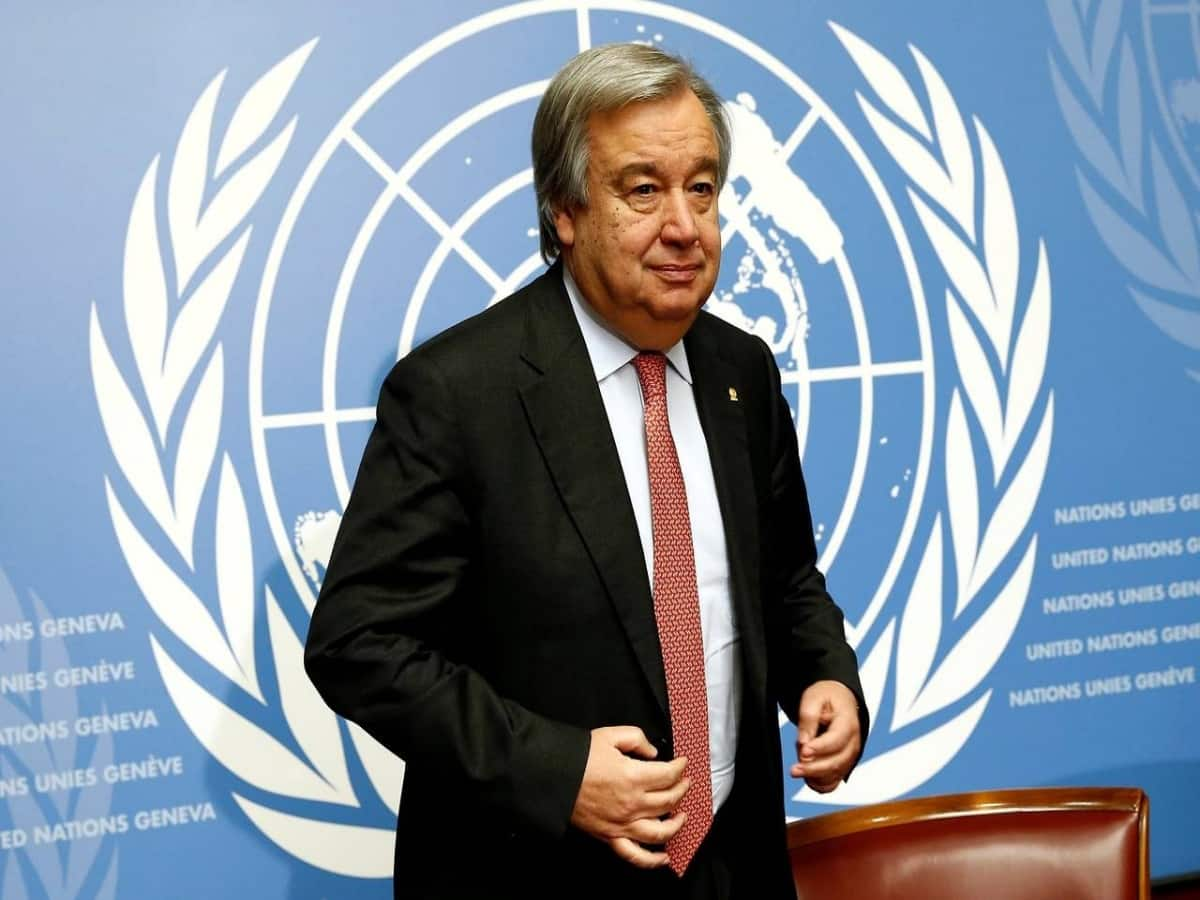The geopolitical landscape in the Middle East is undergoing significant changes, and recent developments have escalated tensions in the region. In a controversial move, Israel has barred United Nations Secretary-General Antonio Guterres from entering the country, following his failure to condemn a major missile attack carried out by Iran against Israel. This decision, announced on October 2, raises questions about the role of international organizations in conflict resolution and the implications for diplomatic relations.
Background of the Situation
The Middle East has historically been a volatile region, with ongoing conflicts and diplomatic challenges. The recent missile attacks from Iran have intensified fears of an escalation in hostilities, drawing in various international stakeholders. Israel’s foreign minister stated that Guterres’s response to these developments was inadequate, further complicating the already strained relationship between Israel and the United Nations.
The Role of the United Nations in Middle Eastern Conflicts
The United Nations has long been involved in mediating conflicts and fostering peace in the Middle East. However, the perception of bias or lack of decisive action can undermine its credibility. Guterres’s reluctance to explicitly condemn the missile strike may reflect the delicate balance the UN tries to maintain in its dealings with member states, especially in a region as complex as the Middle East.
Implications for International Relations
Israel’s decision to deny entry to the UN Secretary-General sends a strong message about its stance towards international governance and intervention. This act might not only strain Israel-UN relations but could also influence how other nations interact with both parties. As regional tensions mount, the importance of clear communication and decisive stances becomes crucial for global diplomacy.
Future Prospects
Looking ahead, the situation remains fluid. The decision to prevent Guterres’s entry into Israel could lead to a reevaluation of the UN’s role in the region. Moreover, the ongoing conflict necessitates urgent attention from the international community to prevent further escalation. Diplomatic efforts will need to consider the growing unrest and the need for a unified response to ensure stability.
Conclusion
The current state of affairs in the Middle East underscores the delicate balance of international relations. Israel’s action against UN Secretary-General Antonio Guterres illustrates the complexities surrounding diplomatic engagement in conflict zones. As the situation evolves, the international community must remain vigilant and proactive in addressing the underlying issues plaguing this critical region.
